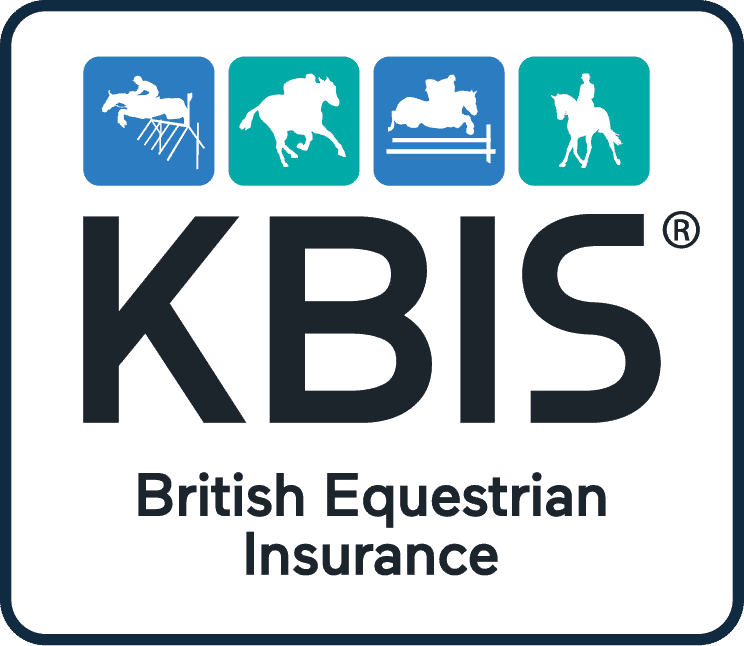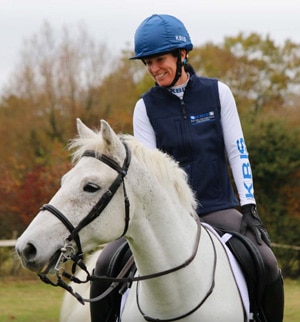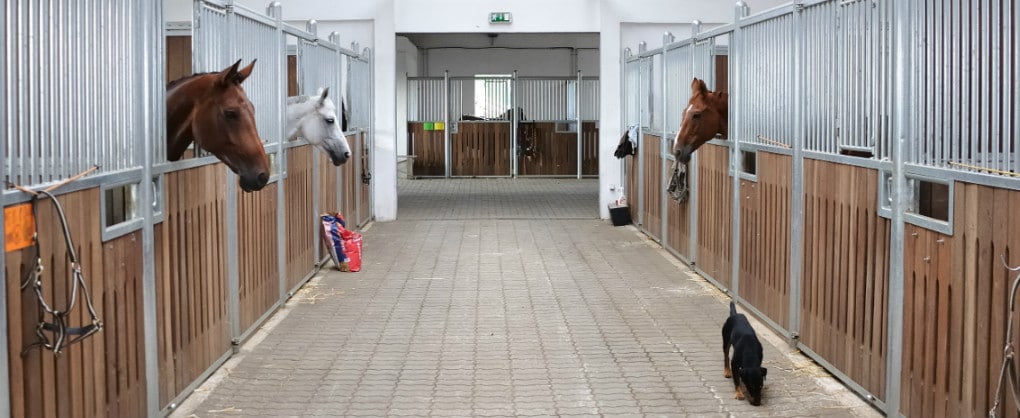Starting a business can be an exciting prospect, however, you have a duty of care to operate as safely as possible.
Knowing what you must have by law, whether in respect of insurance or health and safety is important and one will help the other.
Liability Insurance
The purpose of liability insurance is to protect you when you are held liable for injury or damage to a person or their property as a result of your negligence, there are two elements to a combined liability policy, Public Liability and Employers Liability.
Employers’ Liability cover is required under the Employers’ Liability (Compulsory Insurance) Act 1969 and provides cover where you are held liable for injury to, death of or illness contracted by an employee while working for you.
There is often some confusion regarding Employers’ Liability insurance, in particular whether or not you are required to cover self-employed or freelance members of staff. You may choose to employ someone on a self-employed basis for tax reasons but when it comes to insurance they could still be classed as your employee, dependant on the nature of your relationship with them. If you are not sure of this relationship, the best thing to do is chat to your insurer or the health and safety executive who will be happy to assist.
Public Liability insurance provides cover for third party property damage or bodily injury where you are found legally liable. Examples of Public Liability claims that we see include horses getting loose and causing accidents, kicking cars while hacking and kicking other horses at competitions.
A lot of you may compete at international events in Europe, if this is the case it is important to ensure that your policy extends to include European Union law & jurisdiction. This will ensure that if you have a public liability claim brought against you in an EU court of law the policy will respond.
You will be offered a selection of limits of indemnity for public liability; while a lower limit is cheaper, significant claims settle at over £1,000,000.Back in 2016 there was a well-publicised case where damages were awarded in excess of £3,000,000, the person involved was insured but only had cover for up to £2,000,000.It is therefore worth considering the limit that you choose carefully, particularly now Partial Payment Orders (PPOs) can be awarded by courts.
It is also worth considering Care, Custody or Control cover which provides cover where you are held liable for injury to or death of horses in your care, custody or control (that do not belong to you). While it is good practice to ensure that your owners have their own insurance in place, they may still hold you responsible for an injury and this cover will protect you if this happens. Examples of claims that we have seen are horses getting injured in poorly maintained fencing and horses being fed the wrong food and contracting colic.
If you are planning to provide instruction you will need a Freelance Instructors policy to cover your liability to your clients and the general public. This can provide cover for you teaching, schooling and competing on a freelance basis if needs be. However, if you are also providing horses for lessons you must contact your local authority (as you will need a license under the Riding Establishment Act 1970). Don’t get caught out, as this doesn’t just apply to riding schools, this act includes anyone offering horses for hire and it is a legal requirement.Health and SafetyJust taking out an insurance policy however, is not enough. As a responsible business owner you must have health and safety procedures in place to demonstrate that you are reducing the risk of accidents occurring, as well as keeping written records. This should include evidence that you are providing full training to all staff, carrying out risk assessments in respect of the premises and business activities as well as keeping and maintaining an accident report book. The Government website http://www.hse.gov.uk/legislation/hswa.htm is a great source of advice on how to go about this.
What to do in the event of an incident
In the event of an incident occurring you should contact your insurer straight away. They will be able to advise you how to proceed. This does not necessarily mean that you are making a claim but it allows your insurer to get the details of the incident immediately while they are fresh in your mind, as claimants can claim for a number of years after the original incident. What else might need cover? Loss of equipment and tack will also affect your business and theft is an inconvenience and an expense.
These items can be included under a Commercial Combined policy which can cover all of your businesses property, as well as your own domestic property. Cover is available for buildings including field shelters, general contents including clippers and rugs, machinery, quad bikes, tack, hay and feed stocks. If you walk around your yard adding up the value of your possessions, you would be surprised at how much cover you actually need. This type of policy can also include Business Interruption cover which covers the loss of income you suffer as the result of being unable to trade (due to an unexpected interruption such as a fire at the property), this can also include Increased Costs of Working if you are able to continue to trade but you have to hire in temporary stabling or rent a neighbouring yard, therefore incurring additional costs.
Whilst it all sounds complicated, it isn’t. An experienced insurer will be able to discuss all of the options available and how the options will provide protection for your business. Read more about the equestrian business insurance policies we offer, alternatively, you can call us on 0345 230 2323.


